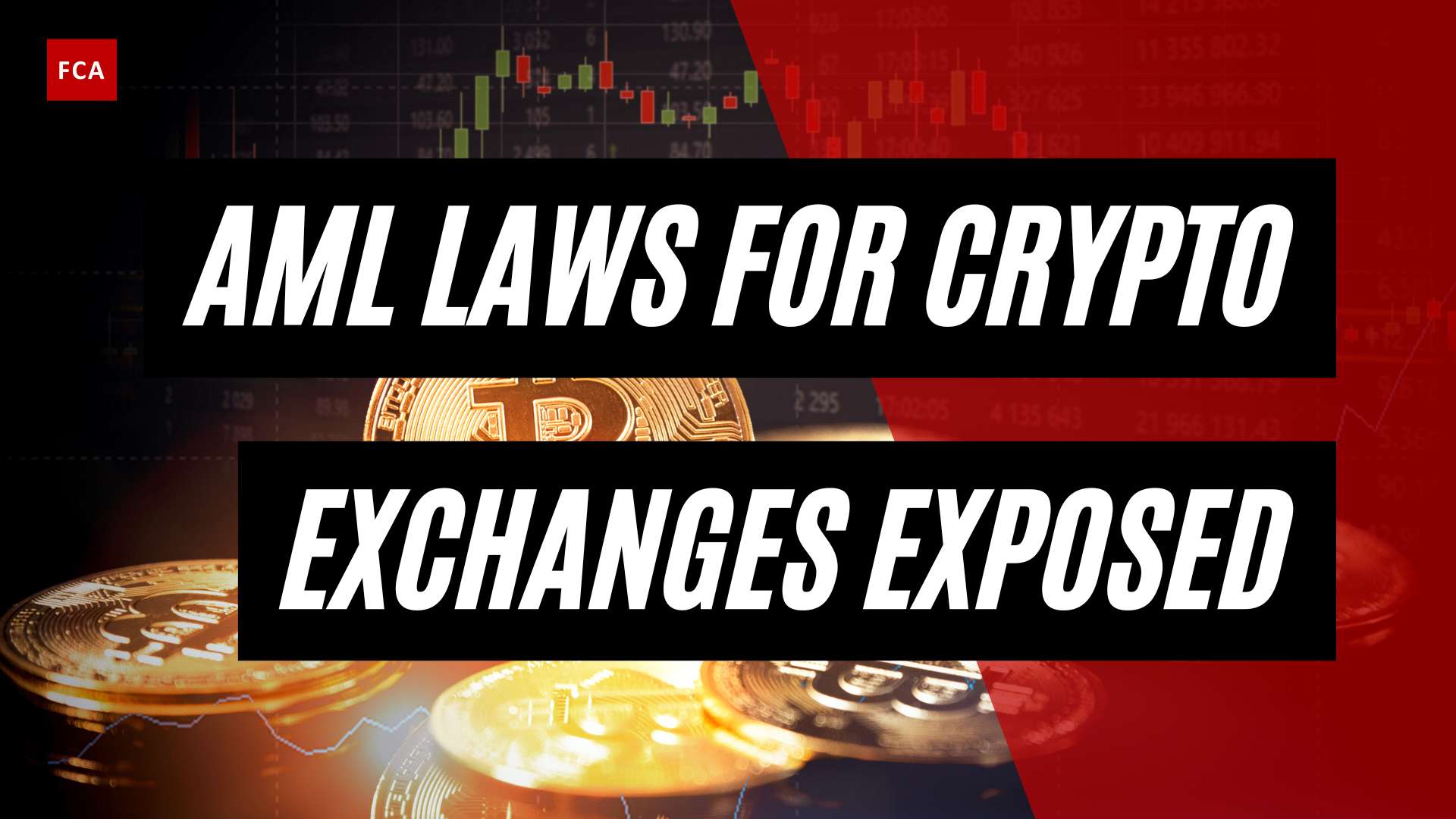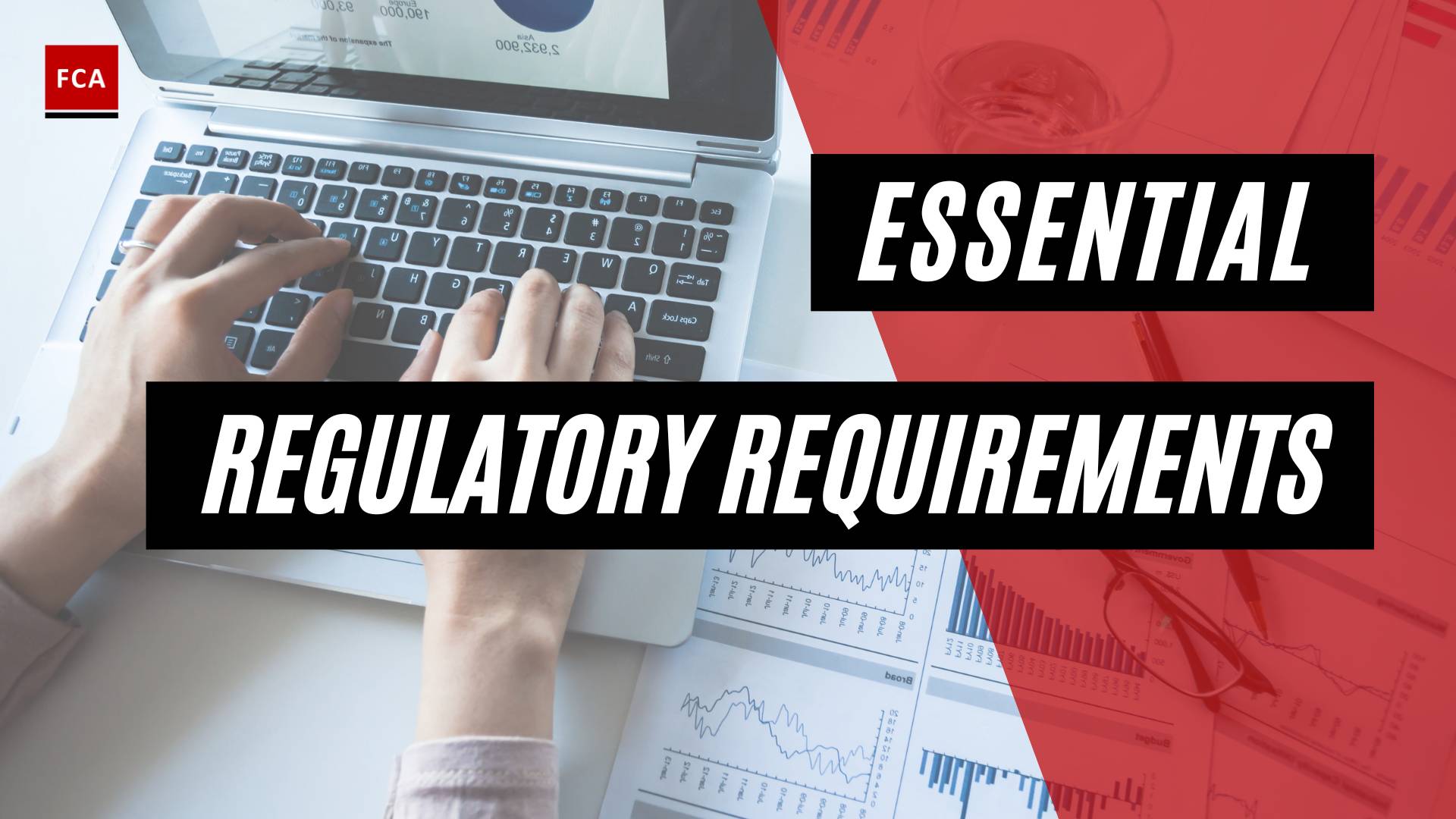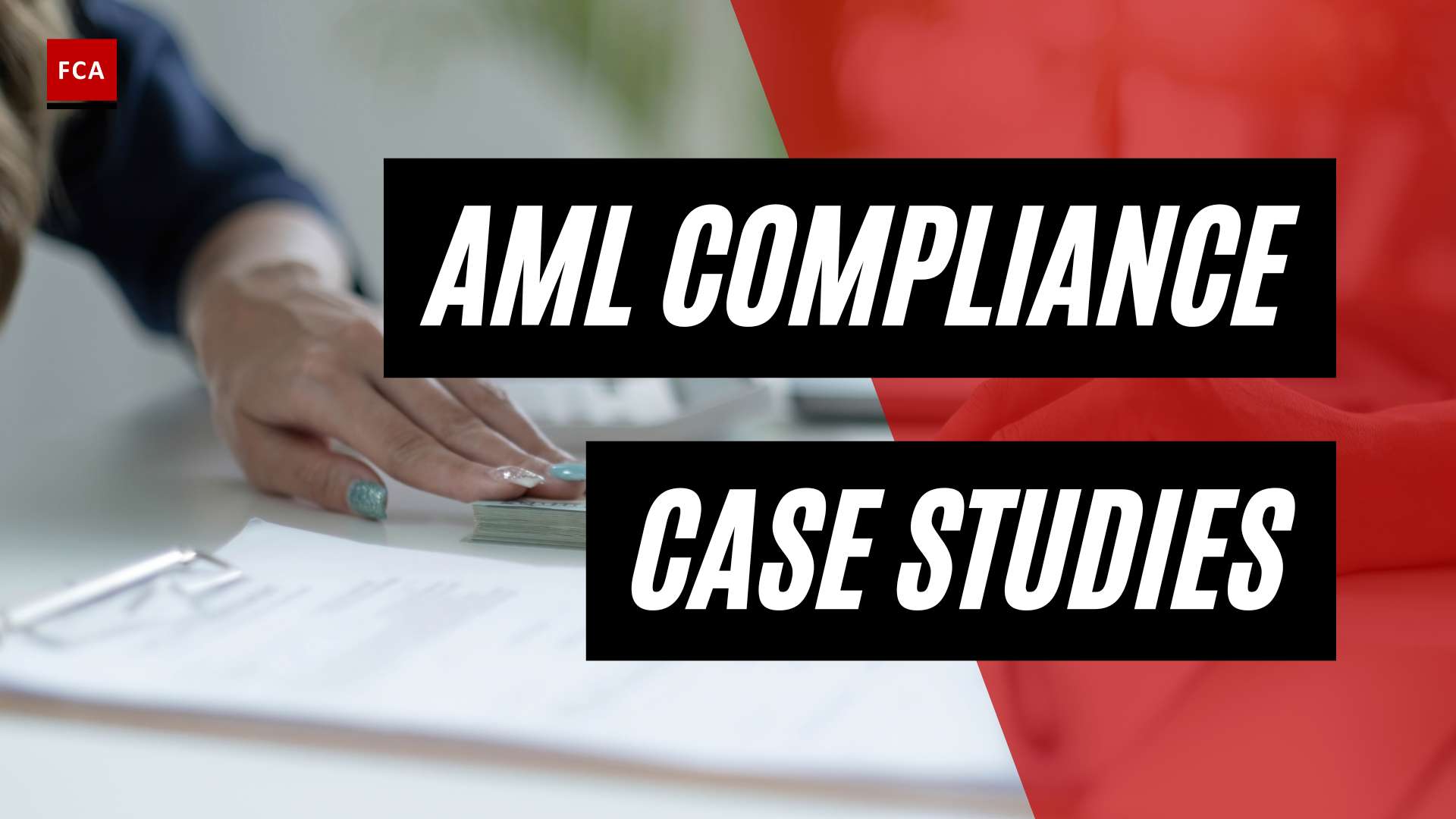There are risks involved in trade transactions, which can pose potential threats to the financial stability of businesses. Trade-based transactions, including exports, carry the risk of money laundering and terrorist financing. The risk of money laundering is increased because criminals find trade transactions as a tool to hide or generate illegal funds or transfer them from one place to another, showing themselves as importers or exporters of goods or services.
To deal with trade-related ML/TF risks, an organization’s management needs to adopt and implement appropriate trade-based AML measures and controls. One of the controls to mitigate the trade-related ML/TF risks is the performance of enhanced due diligence or EDD measures or detailed scrutiny of the customers and their trade businesses and related activities. Such EDD measures are to be performed before onboarding customers and facilitating them in the trade transactions. Whenever any trade-related red alert is identified, EDD measures need to be performed later.

Risks Involved in Trade Transactions and Dealing with Those Risks
The Trade-Based Money Laundering Reporting Officer or TBMLRO and trade account opening team are required to ensure that EDD measures are applied for high-risk category customers. Before onboarding the high-risk category customer, the approval of Senior management is obtained formally. No account of high-risk category trade customers shall be opened without performing appropriate EDD measures and obtaining senior management’s approval.
When entering into a business relationship, the trade compliance team, under the supervision of TBMLRO, checks whether the trade customer or the Ultimate Beneficial ownership or UBO of the customer is a Politically Exposed Person or PEP. Suppose the customer or UBO becomes or is found to be a PEP during the business relationship. In that case, the MLRO and relevant employees must take additional measures as quickly as possible such as establishing the source of wealth of a UBO who is a PEP.
In cases where it proves impossible to establish the source of the wealth, the MLRO and relevant employees must be able to demonstrate that it has made sufficient efforts to discover the source. Enhanced customer due diligence or EDD measures mean obtaining more detailed information for the identification and verification of customers.
For all high-risk category customers, including the PEPs, in addition to basic KYC information, the EDD measures are applied where detailed information is asked from the customers, including the source of financing for proper identification and verification of the category of customers.
The organizations shall do more than simply check whether the customer or other stakeholders appear on the sanctions lists, whether they are creditworthy through the appropriate Credit Registration Agency, whether their identity documents are genuine, and whether the customer appears in institutions’ internal or external warning systems.
Such additional information may relate to the reputation of the customer or the UBO but also of persons with whom they are associated. This includes acquiring and assessing information on business activities, including negative information. As part of enhanced customer due diligence, the institution must also conduct a deeper investigation into the source of the funds.
Risk score-based criteria include the expected number of transactions, the amount involved, the customer profile information, the person’s age, country, etc., to assess the customer category as high. All identified high-risk category customers are to be marked as high-risk customers or clients, and approval is to be obtained from senior management to open their accounts.

The EDD must occur if there is a heightened risk of money laundering and terrorist financing. EDD must always be applied in the following cases:
- If the business relationship or transaction by its nature entails a higher risk of money laundering or terrorist financing,
- If the customer is a resident, established, or has its registered office in a state designated by the European Commission under the Anti-Money Laundering Directive as carrying a higher risk of money laundering or terrorist financing,
- Trade documents or business activities seem fake or false.
ML/TF risks being faced or possible ML/TF activity:
- Complex structured financing transactions or collateral arrangements with private customers
- PEPs or customers conducting transactions involving PEPs
- Bank products and services that, by their nature, are susceptible to inappropriate use, such as back-to-back loans, large cash deposits, and commercial real-estate activities
- Customers with transactions to or from countries that are subject to sanctions, including trade sanctions, free trade zones, offshore centers, tax havens, and countries that appear on the FATF watch list
- Customers with frequent, non-routine, complex treasury and private banking products and services
- Non-routine, cross-border payments by non-customers
- Correspondent bank accounts with banks in jurisdictions with weak laws to combat money laundering and terrorist financing
- The business relationship is conducted in unusual circumstances
- Customers that are residents in geographical areas of higher risk
- Legal persons or arrangements that are personal asset-holding vehicles
- Companies that have nominee shareholders or shares in bearer form
- Businesses that are cash-intensive

- The ownership structure of the company appears unusual or excessively complex, given the nature of the company’s business
- The customer is a third-country national who applies for residence rights or citizenship in the Member State in exchange for capital transfers, purchase of property or government bonds, or investment in corporate entities in that Member State
- Transactions related to oil, arms, precious metals, tobacco products, cultural artifacts, and other items of archaeological, historical, cultural, and religious importance or of rare scientific value, as well as ivory and protected species
- Non-face-to-face business relationships or transactions
- New products and new business practices, including new delivery mechanisms, and the use of new or developing technologies for both new and pre-existing products
- Countries subject to sanctions, embargoes, or similar measures issued by, for example, the Union or the United Nations
- Countries providing funding or support for terrorist activities or that have designated terrorist organizations operating within their country
- Countries identified by credible sources as having significant levels of corruption or other criminal activity
Final Thoughts
In light of the risks associated with trade transactions, it is imperative for businesses to adopt robust anti-money laundering (AML) and anti-terrorist financing (TF) measures. These include enhanced due diligence (EDD) and scrupulous vetting of customers and their trade activities, particularly for high-risk customers, prior to onboarding and during transaction facilitation. Special attention must be given to Politically Exposed Persons (PEPs) and measures to ascertain the legitimacy of their wealth.
If sources of wealth cannot be definitively established, businesses must demonstrate sufficient effort in attempting to do so. Rather than simply checking against sanctions lists or verifying identity documents, EDD necessitates a thorough understanding of the customer’s business activities, reputation, and associations. This includes investigating the source of funds and conducting risk assessments based on factors such as the number of transactions, customer profile information, and geographical locations.
In addition to this, a keen eye for red flags, such as unusual business relationships, complex treasury transactions, and dealings with high-risk regions, is vital. Furthermore, the evolving landscape of financial technology and business practices warrants continuous vigilance and adaptability in these AML and TF measures. Ultimately, these rigorous safeguards protect not only individual businesses, but also contribute significantly to the stability of the global economy.








